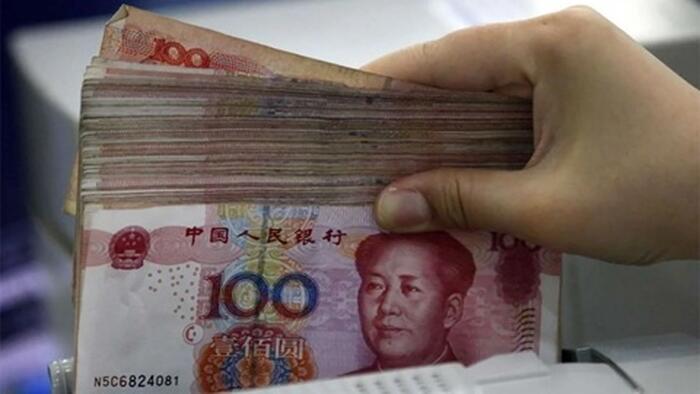


India’s state oil firm has begun making payments for Russian energy in Chinese currency, the yuan, according to a report released by Reuters on Tuesday.
"Indian Oil Corporation recently made payments in Chinese currency for two to three cargoes of Russian oil," informed sources told the British outlet.
"Now, traders, which until now had to convert payments in dirhams or dollars into yuans – since only those can be directly exchanged into rubles needed to pay the producers – are seeking to remove one costly step from the process," one trade source said.
Sources also said that traders are "pricing Russian oil in dollars to ensure adherence to the European Union's price cap and seeking equivalent yuan payment," adding that "payments in yuan will expand the availability of Russian oil for Indian state refiners, given some traders would not accept other currencies."
US President Donald Trump recently cracked down hard on India over its energy ties to Russia. In late August, Trump signed an executive order imposing an additional 25 percent tariff on India due to its purchase of Russian oil.
The tariffs stacked on top of 25 percent country-specific tariffs, which took effect on August 7, bringing the total levies up to 50 percent – among the highest imposed by the US.
Russia ranks as India’s fourth-largest trade partner, while India holds the position of Russia’s second-largest. India is also among the largest buyers of Russian energy.
New Delhi has also recently improved relations with Beijing. Last month, Indian Prime Minister Narendra Modi made his first trip to China in seven years.
"A potential India–China border breakthrough could mark a turning point in Asia, easing decades of hostility while undermining Washington’s grip on New Delhi," MK Bhadrakumar wrote for The Cradle in August.
Indian purchases of Russian oil in Chinese currency indicate another step on the path towards de-dollarization, which countries of the BRICS+ group of emerging economies have been aiming for in an effort to circumvent western sanctions.
In July, Trump threatened to impose additional tariffs on any country affiliated with BRICS. "Any Country aligning themselves with the Anti-American policies of BRICS, will be charged an ADDITIONAL 10 percent Tariff," the US president said.
